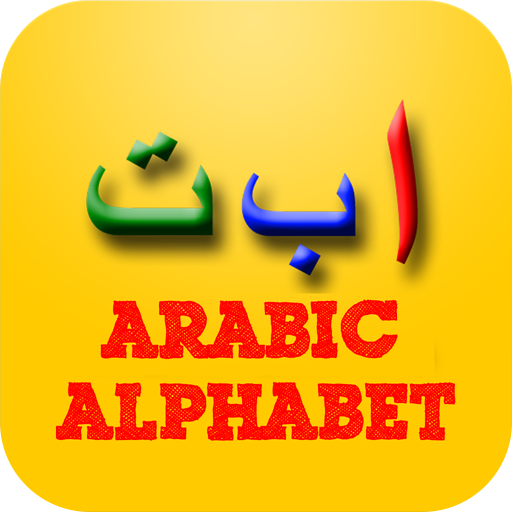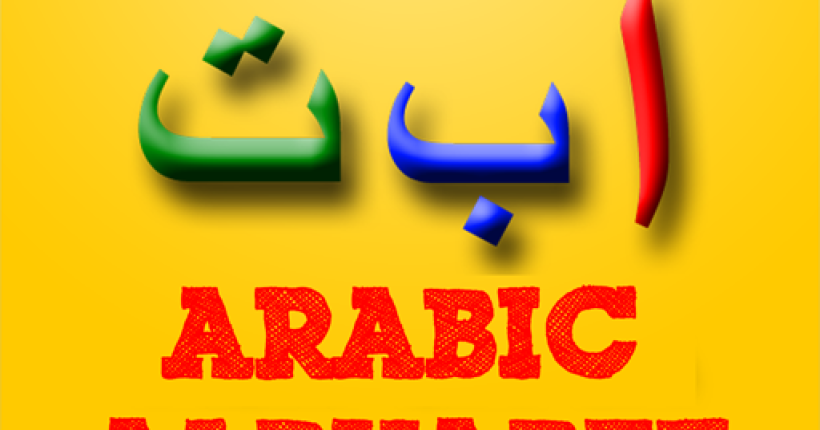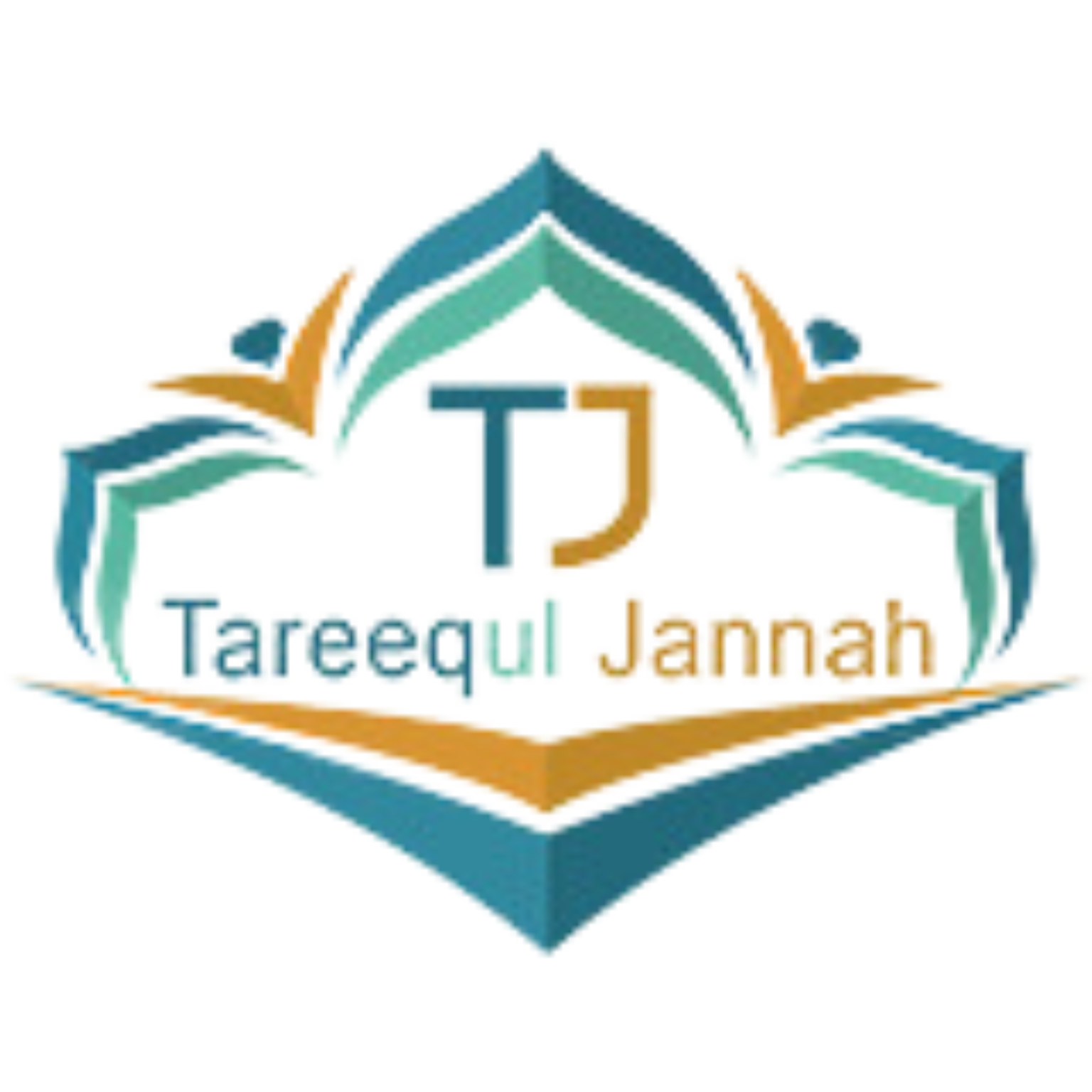For health care workers, learning Arabic vocabulary for healthcare professionals is important to provide the best patient care possible to Arabic-speaking patients. Clear communication fosters trust and confidence with patients and leads to accurate diagnoses and effective treatment outcomes.
Whether you’re a doctor, family nurse practitioner, or healthcare worker, learning Arabic vocabulary for healthcare professionals will enhance your ability to connect with Arabic-speaking patients and demonstrate compassion and care in your work.
Basic Arabic Medical Vocabulary for Healthcare Professionals
Learning Arabic vocabulary for healthcare professionals begins with knowing the basics — simple words and phrases that are needed to engage in effective communication with Arabic-speaking patients.
Below is a useful table of basic medical vocabulary that every healthcare worker should know.
| English Term | Arabic Term (Transliteration) | Usage/Notes |
| Hello / Greetings | مرحباً (Marhaban) | Common friendly greeting to patients |
| How are you? | كيف حالك؟ (Kayfa Halak/Halik) | Polite way to ask patient’s wellbeing |
| Pain | ألم (Alam) | Used to ask about or describe pain |
| Head | رأس (Ra’s) | Body part frequently referenced |
| Heart | قلب (Qalb) | Important organ in many medical conversations |
| Fever | حمى (Hummā) | Common symptom to identify |
| Cough | سعال (Su’āl) | Frequent symptom among patients |
| Doctor | طبيب (Tabib) | The healthcare professional |
| Nurse | ممرضة (Mumarriḍa) (female) / ممرض (Mumarriḍ) (male) | Nurses assisting patients |
| Medicine | دواء (Dawā’) | Refers to medications or treatment |
| Emergency | حالة طارئة (Ḥālat Ṭāri’a) | Critical term for urgent situations |
Arabic Vocabulary for Doctors: Common Medical Terms
For doctors learning Arabic vocabulary for healthcare professionals, mastering vocabulary goes way beyond simply learning how to say hello and other common words. Understanding the specific medical terminology, allows the doctor to accurately communicate with Arabic-speaking patients when making a diagnosis, explaining a diagnosis, or providing specific medical treatment in Arabic.
Below lists common medical vocabulary for doctors.
| English Term | Arabic Term (Transliteration) | Usage/Notes |
| Diagnosis | تشخيص (Tashkhīs) | The process of identifying a disease or condition |
| Examination | فحص (Faḥṣ) | Physical or clinical checkup of the patient |
| Prescription | وصفة طبية (Waṣfa Ṭibbiyya) | Doctor’s written instructions for medication |
| Infection | عدوى (ʿAdwā) | Refers to a microbial invasion in the body |
| Inflammation | التهاب (Iltihāb) | Body’s response to injury or infection |
| Surgery | جراحة (Jirāḥa) | Operation performed to treat medical conditions |
| Symptoms | أعراض (Aʿrāḍ) | Signs or complaints reported by the patient |
| Blood pressure | ضغط الدم (Ḍagṭ al-Dam) | Vital sign measured in patients |
| Treatment | علاج (ʿIlāj) | Medical care given to cure or manage illness |
| Chronic disease | مرض مزمن (Marad Muzmin) | Long-lasting or recurrent medical condition |
Arabic Vocabulary for Nurses: Patient Care and Daily Tasks
Mastering Arabic vocabulary for healthcare professionals relevant to nursing practice helps to provide compassionate and meaningful communication. Below are commonly used words and phrases in Arabic that nurses may use in their daily practice:
| English Term | Arabic Term (Transliteration) | Usage/Notes |
| Vital signs | العلامات الحيوية (Al-ʿAlāmāt al-Ḥayawiyya) | Includes temperature, pulse, respiration, and BP |
| Temperature | درجة الحرارة (Darajat al-Ḥarāra) | Key vital sign to monitor patient’s condition |
| Pulse | نبض (Nabd) | Heartbeat rate, essential in patient monitoring |
| Medication | دواء (Dawā’) | Medicine administered to patients |
| Injection | حقنة (Ḥuqna) | Common procedure performed by nurses |
| Bed rest | راحة في السرير (Rāḥa fī al-Sarīr) | Instruction given for patient’s recovery |
| Change dressing | تغيير الضمادة (Taghyīr al-Ḍimāda) | Nursing task to clean and replace wound coverings |
| Assistance | مساعدة (Musāʿada) | Helping patients with daily activities |
| Monitor | مراقبة (Murāqaba) | Observing patient’s health status |
| Emergency call | نداء الطوارئ (Nidāʾ al-Ṭawāriʾ) | Alerting medical team in urgent situations |
Useful Arabic Phrases for Healthcare Professionals in Different Scenarios
Learning Arabic vocabulary for healthcare professionals also includes practical phrases for use in different interactions with patients. When taking a medical history, giving instructions or responding to emergencies these common Arabic phrases will allow healthcare providers to communicate clearly and with an empathetic approach.
| Scenario | English Phrase | Arabic Phrase (Transliteration) | Notes |
| Taking patient history | What symptoms are you experiencing? | ما هي الأعراض التي تشعر بها؟ (Mā hiya al-aʿrāḍ allatī tashʿur bihā?) | Essential for understanding patient condition |
| When did the symptoms start? | متى بدأت الأعراض؟ (Matā bada’at al-aʿrāḍ?) | Helps to assess illness timeline | |
| Giving instructions | Please take your medicine twice a day. | من فضلك تناول دوائك مرتين في اليوم. (Min faḍlik tanāwil dawā’ak marratayn fī al-yawm.) | Clear medication guidance |
| You need to rest for three days. | تحتاج إلى الراحة لمدة ثلاثة أيام. (Taḥtāj ilā al-rāḥa limuddat thalātha ayyām.) | Important for recovery instructions | |
| Handling emergencies | Call the emergency team immediately! | اتصل بفريق الطوارئ فوراً! (Ittiṣil bi-farīq al-ṭawāri’ fawran!) | Urgent communication during critical situations |
| Stay calm, help is on the way. | اهدأ، المساعدة في الطريق. (Ihdā’, al-musāʿada fī al-ṭarīq.) | Reassuring phrase to comfort patients |
Important Arabic words and phrases for healthcare professionals
Here are some of the best Arabic vocabulary for healthcare professionals:
| English Term / Phrase | Arabic Term / Phrase (Transliteration) | Usage/Notes |
| Allergies | حساسية (Ḥasāsiyya) | Important to ask about patient allergies |
| Blood test | فحص دم (Faḥṣ Dam) | Common diagnostic procedure |
| X-ray | أشعة سينية (Ashʿa Siniyya) | Imaging test often requested |
| Appointment | موعد (Mawʿid) | Scheduling patient visits |
| Nurse call button | زر نداء الممرضة (Zirr Nidāʾ al-Mumarriḍa) | For patient to call a nurse |
| Pain scale | مقياس الألم (Miqyās al-Alam) | Used to assess pain severity |
| Are you allergic to any medicine? | هل لديك حساسية من أي دواء؟ (Hal ladayka ḥasāsiyya min ayy dawā’?) | Critical question for safe treatment |
| Please lie down | من فضلك استلقِ (Min faḍlik istalqī) | Instruction for examinations or rest |
| Take a deep breath | خذ نفسًا عميقًا (Khudh nafsan ʿamīqan) | Used during lung or chest exams |
| Do you understand? | هل تفهم؟ (Hal tafham?) | Checking patient comprehension |
| I will explain the procedure. | سأشرح لك الإجراء. (Sa’ashraḥ laka al-ijrā’) | Reassures patient before treatment |
| Are you in pain? | هل تشعر بالألم؟ (Hal tashʿur bil-alam?) | Basic but essential question |
| Please wait here. | من فضلك انتظر هنا (Min faḍlik intazir hunā) | Common instruction in clinics/hospitals |
| Emergency room | غرفة الطوارئ (Ghurfat al-ṭawāri’) | Critical care department |
| Can you move your arm? | هل تستطيع تحريك ذراعك؟ (Hal tastaṭīʿ taḥrīk dhirāʿak?) | Assessing mobility after injury |
| Please describe your symptoms. | من فضلك وصف الأعراض الخاصة بك (Min faḍlik waṣf al-aʿrāḍ al-khāṣṣa bik) | Helps to get detailed patient information |
Tips for Healthcare Professionals Learning Arabic Vocabulary
Learning Arabic vocabulary for healthcare professionals can feel daunting, but when applying the right techniques, it can be easy to accomplish, even enjoyable! Here are some tips to help you quickly develop your medical Arabic skills:
Use Specific Resources: Look for medical Arabic books, online courses or apps specifically for healthcare professionals. These resources will only present relevant vocabulary and scenarios you will encounter in an average day.
Practice Using Conversations: We learn vocabulary best when it is presented as part of a high-fidelity conversation. For example, if you role play any scenarios with an Arabic-speaking counterpart or language partner, it will reinforce your vocabulary as you will be used to phonetically pronouncing the words in a natural context.
Make Flashcards: Write flashcards with common Arabic vocabulary for healthcare professionals for easy review. There are also apps like Anki or Quizlet you can use to review your study topics anytime, anywhere.
Focus on Reporting Forms: When you decide to learn vocabulary, pick specific areas of the role of your employment, for example if you are a doctor, nurse or technician, so learning the vocabulary will be applicable to your role.
Have Patience and Persistence: Learning a language takes time, and the study pattern of small, frequent daily sessions will be more productive than longer, less frequent sessions.
Get Culturally Immersed: Knowing Arabic culture and the language will enhance your communication and trust with patients.
By using these tips, healthcare personnel can gradually build their Arabic vocabulary for healthcare professionals and ultimately improve their communication with patients, which will lead to better patient care.
Want to build your confidence and communication skills with Arabic?
Secure your space in the Professional Arabic Online Course at Tareequl Jannah today and learn the key vocabulary and phrases for healthcare personnel. Start communicating confidently in Arabic and provide outstanding patient care today!



